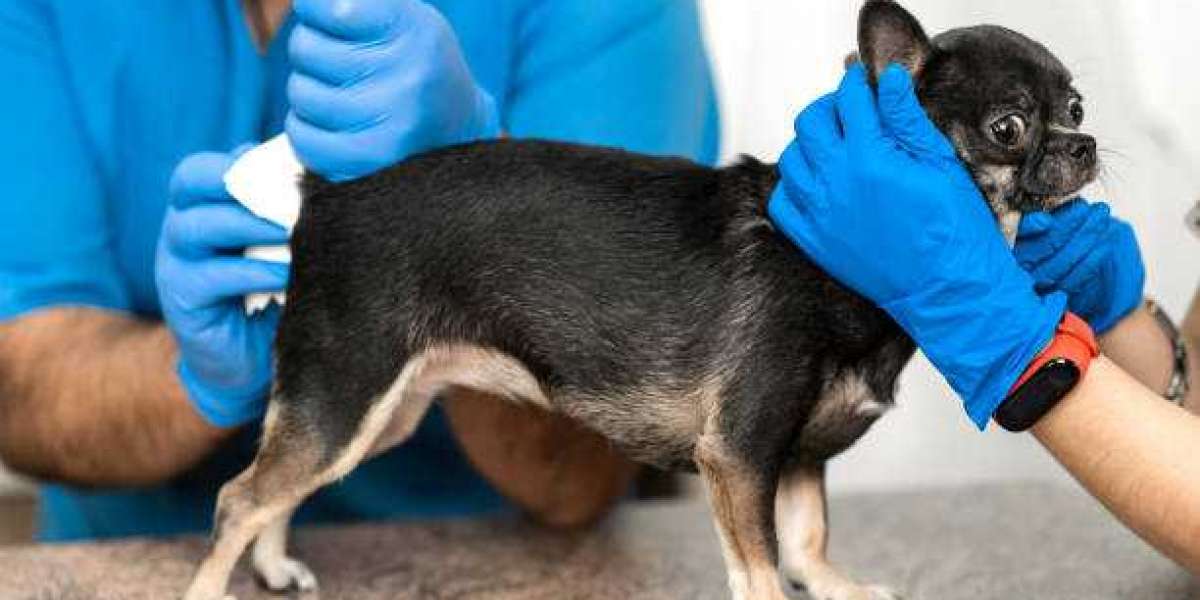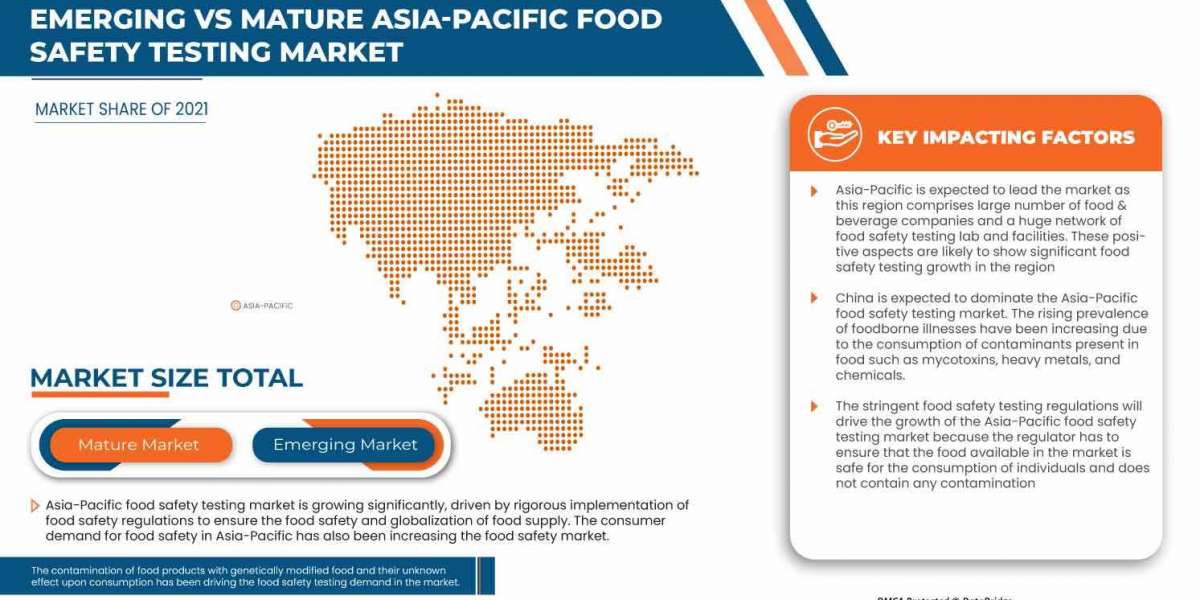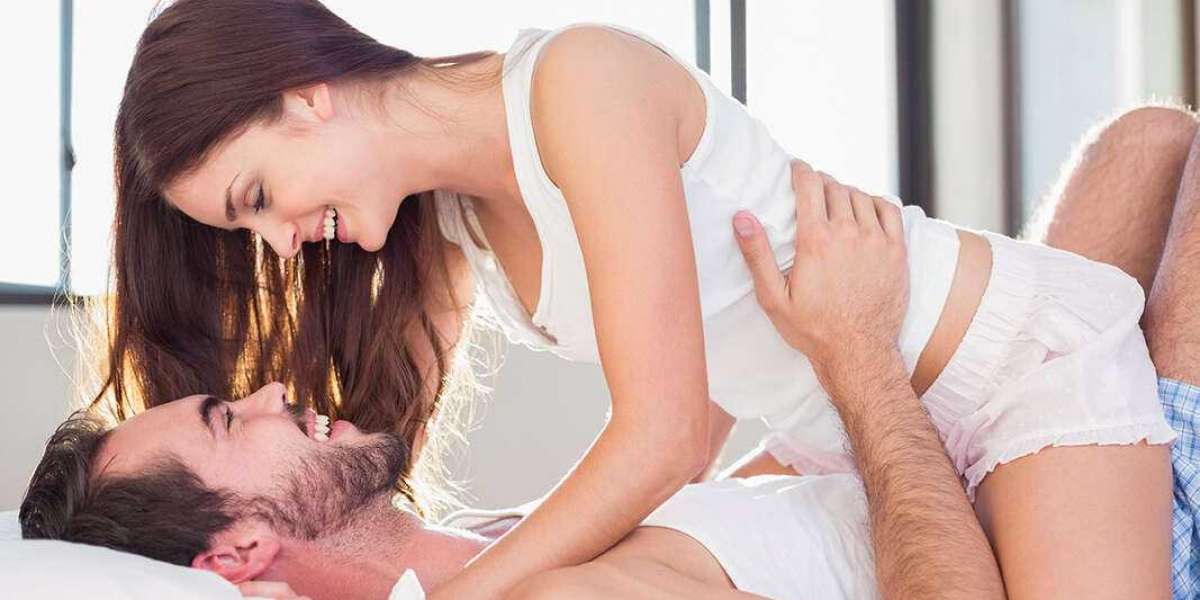Puppies are known for their boundless energy and playful nature, which can make it difficult to notice when something is wrong. However, if your playful puppy has diarrhea, it's essential to take notice and take action. Diarrhea can be a sign of various health issues, ranging from mild stomach upset to severe conditions. Here's what you need to know about puppy diarrhea and how to care for your playful pup when they have loose stools.
Causes of Puppy Diarrhea
There are many potential causes of puppy diarrhea, including:
- Dietary indiscretion: Puppies are notorious for eating anything and everything they can get their paws on. Eating something that doesn't agree with their stomach can lead to diarrhea.
- Viral or bacterial infections: Puppies can contract viral or bacterial infections that can cause diarrhea.
- Parasites: Puppies can get parasites like hookworms, roundworms, and tapeworms, which can cause diarrhea.
- Food allergies or sensitivities: Puppies can have allergies or sensitivities to certain ingredients in their food, which can lead to diarrhea.
- Stress: Changes in environment or routine can cause stress in puppies, leading to diarrhea.
Symptoms of Puppy Diarrhea
The most obvious symptom of puppy diarrhea is loose or watery stools. Other symptoms can include:
- Vomiting
- Lack of appetite
- Lethargy
- Abdominal pain or discomfort
- Fever
What to Do If Your Puppy Has Diarrhea
If your puppy has diarrhea, it's essential to monitor their symptoms and provide them with plenty of water to prevent dehydration. Here are some steps you can take:
- Withhold food for 12-24 hours: This can help give your puppy's digestive system a chance to rest and recover.
- Provide plenty of water: Dehydration can be a significant concern with diarrhea, so make sure your puppy has access to clean water at all times.
- Gradually reintroduce food: Once your puppy's symptoms have improved, gradually reintroduce food. Start with a bland diet, such as boiled chicken and rice, and gradually mix in their regular food over several days.
- Monitor symptoms: Keep an eye on your puppy's symptoms and contact your veterinarian if they worsen or if your puppy develops other concerning symptoms.
When to Contact Your Veterinarian
While some cases of puppy diarrhea can be managed at home, it's essential to contact your veterinarian if your puppy's symptoms persist for more than 24 hours, if they have other concerning symptoms, or if they appear to be in pain or discomfort. Your veterinarian can help determine the underlying cause of your puppy's diarrhea and recommend appropriate treatment.
Conclusion
Puppy diarrhea can be a sign of various health issues, ranging from mild stomach upset to severe conditions. While some cases can be managed at home, it's essential to monitor your puppy's symptoms and contact your veterinarian if they persist or if your puppy has diarrhea but still playful develops other concerning symptoms. By providing your playful pup with plenty of water and a bland diet, you can help them recover from diarrhea and get back to their playful selves.








